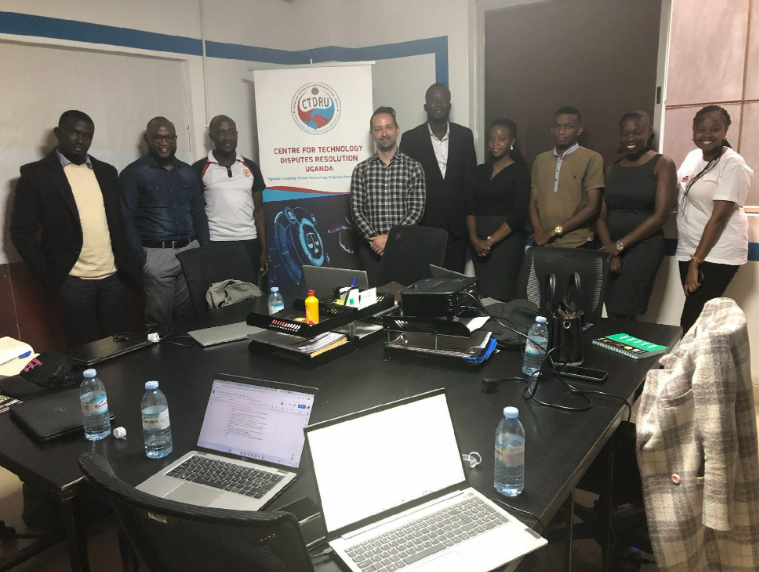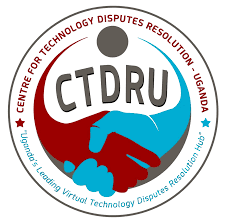Measuring the Impact of Legal Assistance on Mobile Money Dispute Resolution in Uganda

Funded by IPA’s Consumer Protection Research Initiative and in collaboration with Center for Technology Disputes Resolution - Uganda (CTDR-U), researchers conducted a randomized evaluation in Uganda that found that offering help to consumers in a dispute with a mobile money network operator increased dispute resolutions, trust in and use of mobile money, ability to cope with shocks, and access to credit.
Mobile money has rapidly expanded across Sub-Saharan Africa, including Uganda, where over 25 million accounts were registered by the end of 2022.1 However, previous research by IPA in Uganda revealed that 49 percent of users faced issues such as not receiving funds, unpaid utility bills, and difficulties reaching customer service.2 CTDR-U offers help to consumers in mobile money disputes by gathering facts on the cases, attempting to resolve disputes with providers, and forwarding the unresolved cases to the regulators of Mobile Money (the Bank of Uganda and the Uganda Communications Commission (UCC).
Funded by IPA’s Consumer Protection Research Initiative and in collaboration with CTDR-U, researchers conducted a randomized evaluation to measure the impact of CTDR-U. A total of 817 mobile money users with a dispute in the 90 days prior to the intervention were randomly assigned to either receive the legal aid services or serve as a comparison group. Researchers measured indicators including case resolution, trust, and use of mobile money.
Final analysis ongoing; results are forthcoming.
Sources
1. Simione, Felix F., and Tara S. Muehlschlegel. 2023. “Mobile Money, Perception about Cash, and Financial Inclusion: Learning from Uganda’s Micro-Level Data.” International Monetary Fund.
2. Mazer, Rafe, and Matthew Bird. 2021. “Consumer Protection Survey of Digital Finance Users: Uganda.”Harvard Dataverse.
Implementing Partner













